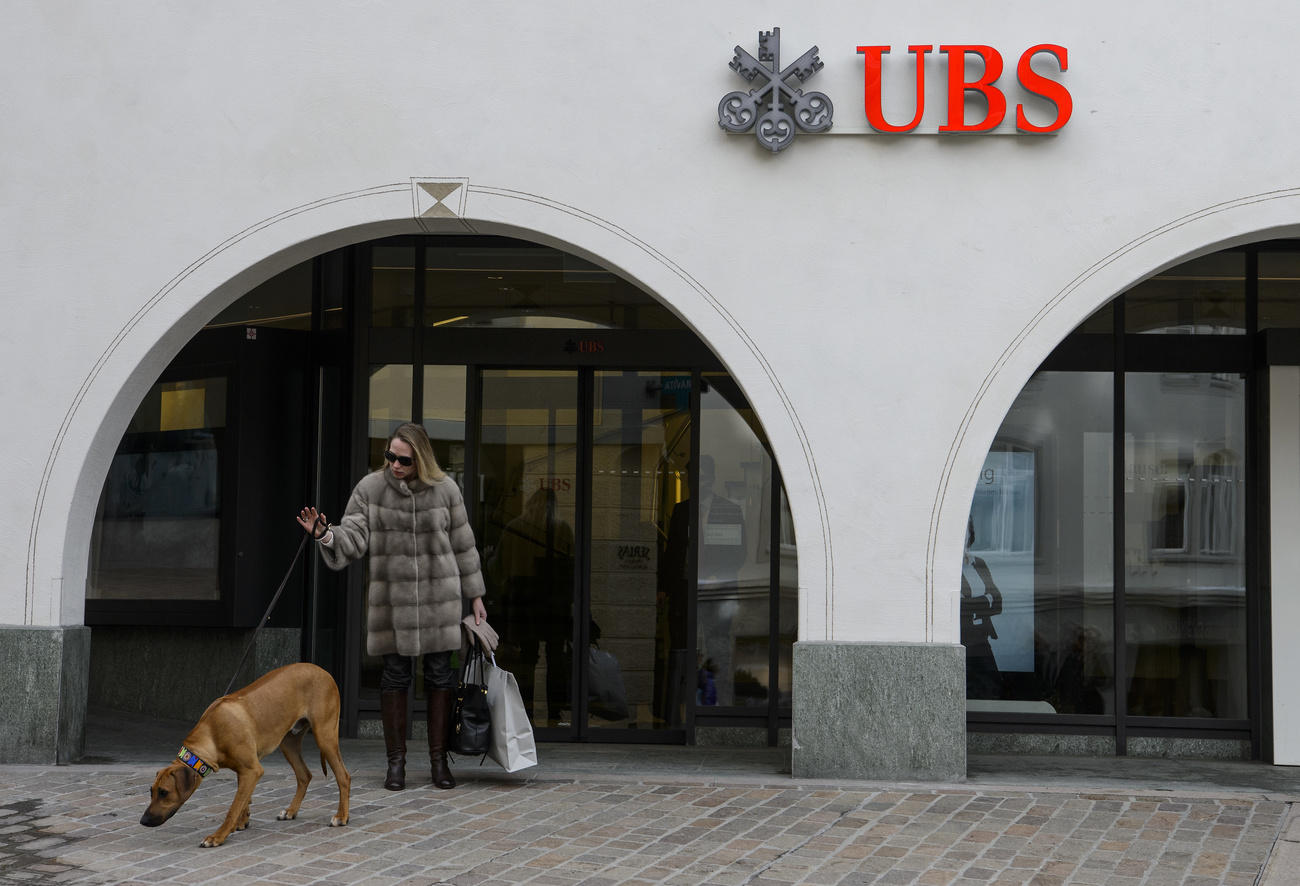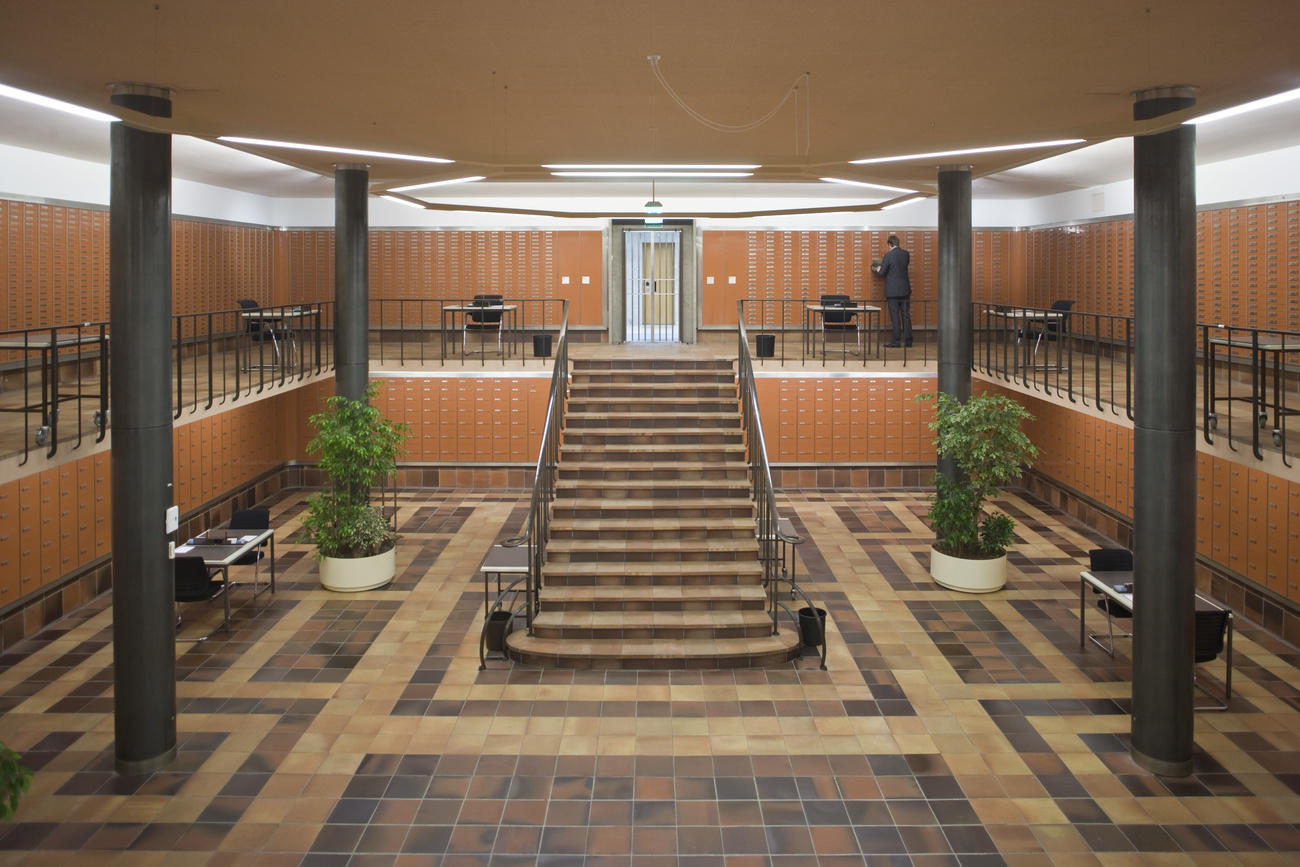
UBS plans negative interest rate for rich clients

UBS plans to levy a negative interest rate on wealthy clients who deposit more than CHF 2 million with its Swiss bank, as lenders hunker down for a period of ultra-loose monetary policy.
Several banks in Switzerland and the eurozone already pass on the cost of negative official rates to corporate depositors, although most large players have refrained from doing so with individual clients.

But with policymakers expected to adopt a “lower for longer” stance for the foreseeable future, UBS Switzerland will from November charge 0.75 per cent a year on individual cash balances above CHF 2 million, according to three people briefed on the plans.
The move underscores how banks in Europe and the US are scrambling to prepare for a protracted spell of lower rates that threatens their profitability, having previously wagered that central bankers would tighten monetary policy.
Last month the Swiss National Bank said it would hold the negative rate it charges on commercial banks’ deposits at -0.75 per cent, while the European Central Bank deposit rate is -0.4 per cent. The US Federal Reserve is expected to cut interest rates later on Wednesday.
“A year ago everyone thought interest rates would go up. Now it doesn’t look like that,” said one senior wealth manager at UBS. In a note to clients last month, the lender forecast that the SNB would in September lower its rate on deposits to -1 per cent.
UBS relationship managers have started discussing the forthcoming charges with some wealthy clients and are preparing to issue a letter outlining the changes, the people added. Some of the bank’s smaller rivals, such as Julius Baer and Pictet, already charge some clients with large cash deposits.
“We assume that this period of low interest rates will last even longer and that banks will continue to have to pay negative interest rates on customer deposits at central banks,” UBS said. “Following similar moves by a number of other banks here in Switzerland, we confirm that we’ve decided to adjust cash deposit fees for Swiss francs held in Switzerland.”
The move comes as Credit Suisse, UBS’s main rival, said on Wednesday it was also thinking about imposing a levy on some wealthy clients.
“In Switzerland, we are considering measures on deposits to mitigate pressure of negative interest rates,” Tidjane Thiam, Credit Suisse chief executive, told reporters during a discussion of the bank’s half-year results.
He said any levy would be “targeted on people . . . that measure their cash balances in millions”.
UBS clients who want to avoid the levy can move their balances into non-cash assets or into “fiduciary call deposits” that can be transferred back to the customer’s main account within 48 hours, two of the people said.
The FDCs are held in third-party banks or UBS entities based outside Switzerland, meaning the lender does not have to pay negative rates to the SNB, two of the people said.
Copyright The Financial Times Limited 2019

More
How Swiss banks are bouncing back

In compliance with the JTI standards
More: SWI swissinfo.ch certified by the Journalism Trust Initiative






























You can find an overview of ongoing debates with our journalists here . Please join us!
If you want to start a conversation about a topic raised in this article or want to report factual errors, email us at english@swissinfo.ch.